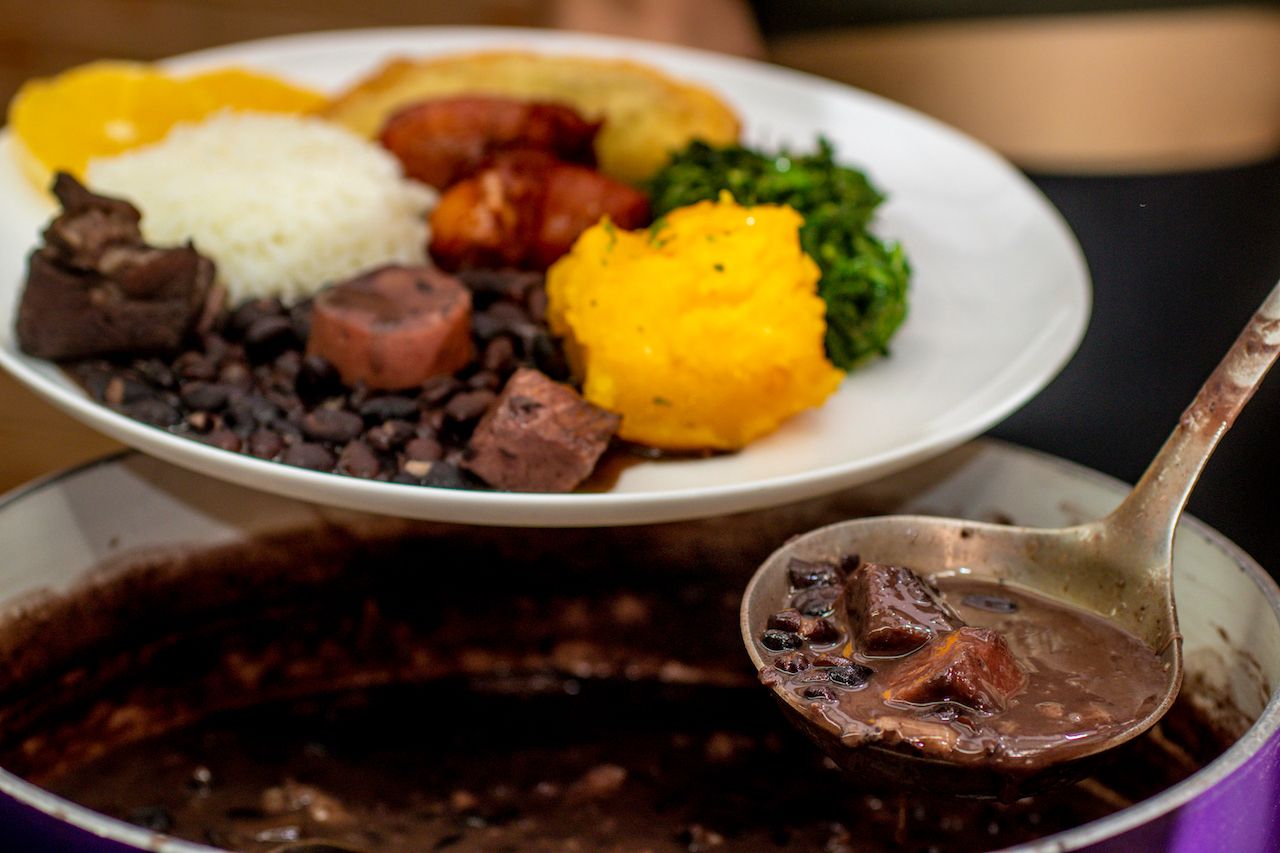When Yale University told its students to plan for possibly not returning after spring break, Laura Koech considered returning to her family in Kenya. At the time she made her decision to stay in the US, Kenya had no cases of COVID-19.
“The risk of contracting the virus in transit was too high,” said the college junior majoring in psychology. She said that in addition to the possibility of bringing the virus home to her parents and three younger siblings, she also had her grandparents to worry about.


